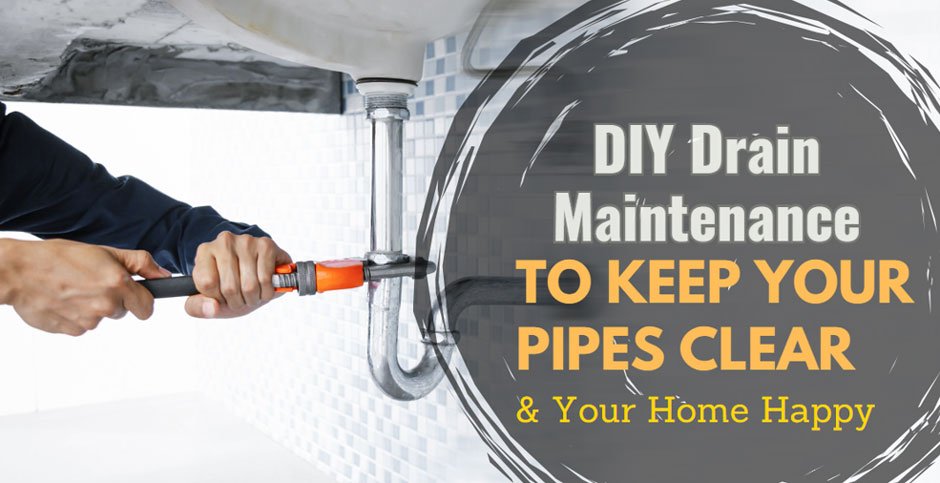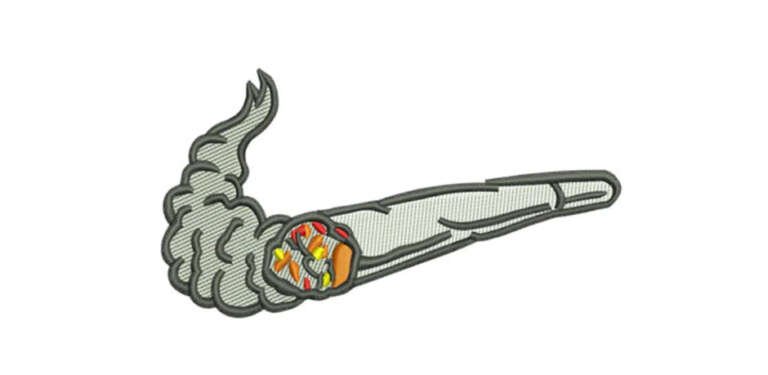As a homeowner, maintaining your drains should be a top priority. Clogged and damaged drains can cause water damage, mold growth, foul odors, and expensive repairs. But with some simple tools and DIY know-how, you can keep your drains clear and your home happy.
This guide will walk you through drain cleaning boulder co basics. We’ll teach you how to unclog drains, show you how to prevent future clogs, and help you identify when to call a pro. Arm yourself with the ultimate DIY drain maintenance advice.
Why Drain Maintenance Is Important?
Drain maintenance is crucial for any homeowner to perform regularly. Neglecting your drains can lead to clogs, backups, and even plumbing emergencies. By performing routine maintenance, you can keep your drains clear and prevent expensive plumbing bills. Below are some points to ponder why you must consider drain cleaning boulder co for your Colorado homes.
Prevent Clogs and Backups
One of the biggest reasons to regularly maintain your drains is to prevent clogs and backups. As debris, hair, soap scum and other materials build up in your drains over time, they can create clogs. Clogs can block water flow and even lead to backups where water is unable to drain properly. By using products like drain snakes, liquid drain cleaners and strainers, you can remove debris before clogs form.
Improve Drainage
When drains are clogged or buildup accumulates, it can slow the rate at which water drains. This can make showers, sinks and tubs take longer to drain or prevent them from draining completely. Using a plunger or auger to clear out debris and a commercial drain cleaner to dissolve soap scum and hair can help improve your drainage to normal levels.
Extend Plumbing Lifespan
Drain maintenance also helps extend the overall lifespan of your plumbing system. When drains are slow or clogged, it puts extra stress on your plumbing pipes and can even cause leaks or burst pipes over time.
By keeping your drains clean and clear, water is able to flow freely through the plumbing system without building up pressure. This helps prevent damage to pipes and ensures maximum efficiency. Performing regular DIY drain maintenance like using hair catchers, plungers, augers, and commercial drain cleaners can help prevent expensive plumbing issues in the long run. With some simple tools and techniques, you can easily handle drain maintenance yourself without calling a plumber.
DIY Drain Maintenance Tips and Tricks
Are you tired of dealing with stubborn drain clogs? Ready to take matters into your own hands and become the hero of your plumbing system?
In this section, we’ll master DIY drain maintenance together. From the humble plunger to the mighty mechanical snake, we’ll explore a variety of tools and techniques to keep your drains clear and your plumbing system flowing smoothly.
So, are you ready to roll up your sleeves and tackle those pesky blockages head-on? Let’s dive in and discover how you can become the ultimate guardian of your home’s plumbing!
1. Use a plunger.
A plunger is one of the most effective tools for unclogging drains. Place the plunger firmly over the drain and plunge up and down forcefully until you break up the clog. Repeat if necessary. For stubborn clogs in sinks, fill the sink with a few inches of water to help the plunger create a good seal.
2. Use a liquid drain cleaner.
Pour a commercial liquid drain cleaner down the clog. Let it sit as directed, usually 15 to 30 minutes. The chemicals in the drain cleaner will break up clogs from hair, grease, and soap scum. Flush with boiling water. Be very careful, as these chemicals can cause burns. As an alternative, you can try a natural solution of baking soda and vinegar.
The chemicals in the cleaner will break up the clog. For tough clogs, you may need to repeat treatments. Exercise caution, as these chemicals can be hazardous. Wear gloves and eye protection.
3. Use a mechanical snake.
For clogs that aren’t cleared by a plunger or drain cleaner, rent an auger or plumber’s snake. Feed the snake down the drain to physically break up the clog. Crank the handle to rotate the snake and work it into the clog. Slowly pull the snake out to grab the pieces of the clog and remove them. Be very careful using power tools, as the snake can scratch or puncture pipes.
4. Remove the pipe trap.
If snaking does not work, the clog may be stuck further down the drain line. The pipe trap, or U-bend, is the curved section of pipe just below the drain opening. Place a bucket underneath to catch any water in the pipe, then unscrew the nuts on either side of the U-bend to remove it. Use pliers to extract any hair or debris clogging the pipe trap and reassemble the pipe.
With some patience and the proper tools, many common drain clogs can be cleared easily without a call to the plumber. However, for serious or persistent clogs, it is best to contact a professional to avoid damaging your plumbing. A plumber has the proper equipment and experience to fully clear out your drain lines in a safe manner.
More Preventative Measures to Reduce Clogs:
- Use Drain Strainers: Invest in drain strainers or stoppers to catch hair, soap scum, and other debris before they enter your pipes. Remember to clean these strainers regularly to maintain their effectiveness.
- Mind Your Kitchen Habits: Avoid pouring grease, oils, or food scraps down the drain, as they can solidify and cause blockages. Instead, wipe them up and dispose of them in the trash.
- Garbage Disposal Best Practices: After using the garbage disposal, run cold water for at least 30 seconds to flush out any remaining food particles and debris.
- DIY Drain Maintenance: Periodically treat your drains to a natural cleaning solution of baking soda and vinegar. Simply pour the mixture down the drain, let it fizz and work its magic, then flush with hot water to keep your pipes clear and odor-free.
- Shower Drain Protection: Install a tub shroom or similar product in your shower to catch hair before it can go down the drain and cause blockages. Regularly clean the hair off to maintain its effectiveness.
- Toilet Caution: Never flush baby wipes, cleaning wipes, or diapers down the toilet, as they can easily clog your pipes. Always dispose of these items in the trash to prevent plumbing issues
Consequences of Neglecting Clogging Issues
Ignoring or neglecting clogging issues in your plumbing system can lead to a cascade of problems that worsen over time. Here are some potential consequences of failing to address clogs promptly:
- Worsening Blockages: What may start as a minor inconvenience can quickly escalate into a major clog if left unattended. Over time, debris and sediment can accumulate, making it more challenging to clear the blockage and restore proper drainage.
- Water Damage: Clogs can cause water to back up and overflow, leading to water damage in your home. This can result in staining, warping, and even structural damage to floors, walls, and ceilings.
- Foul Odors: Standing water and organic matter trapped in clogged drains can emit unpleasant odors that permeate throughout your home. These odors can be difficult to eliminate and may require professional intervention to address.
- Health Hazards: Stagnant water caused by clogs can create an ideal breeding ground for bacteria, mold, and mildew. Exposure to these pathogens can pose health risks to you and your family, especially for individuals with respiratory issues or weakened immune systems.
- Increased Plumbing Costs: Neglecting clogging issues can lead to more extensive damage to your plumbing system, resulting in costly repairs or replacements down the line. Additionally, prolonged clogs can put added strain on your pipes, potentially leading to leaks or burst pipes.
It’s essential to address clogs promptly and proactively to prevent further damage and maintain the integrity of your plumbing system. If you’re unsure how to handle a clog or suspect a more significant underlying issue, don’t hesitate to seek professional assistance to avoid costly consequences in the long run.
Conclusion
By taking the time to learn about your home’s plumbing and performing regular drain maintenance, you can help prevent clogged and damaged pipes. A few simple steps like using drain strainers, avoiding pouring grease down drains, regularly cleaning pipes with baking soda and vinegar, and unclogging slow drains right away can make a big difference. Being proactive helps you avoid expensive plumbing emergencies and keep your drains freely flowing for years to come. With the right knowledge and tools, maintaining your home’s drainage system is an achievable DIY project that saves you money. By implementing these tips, you can keep your pipes clear and your home happy.








